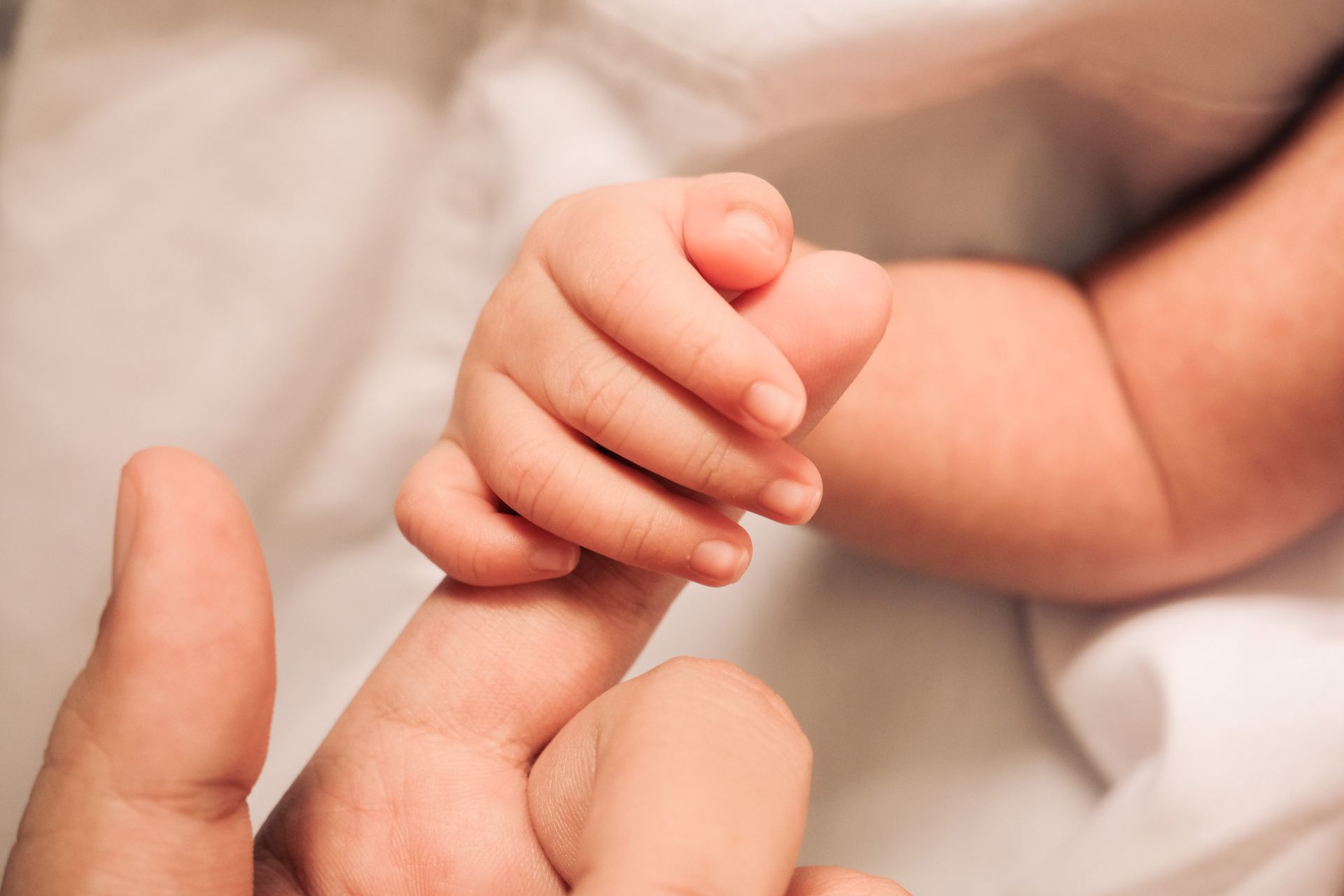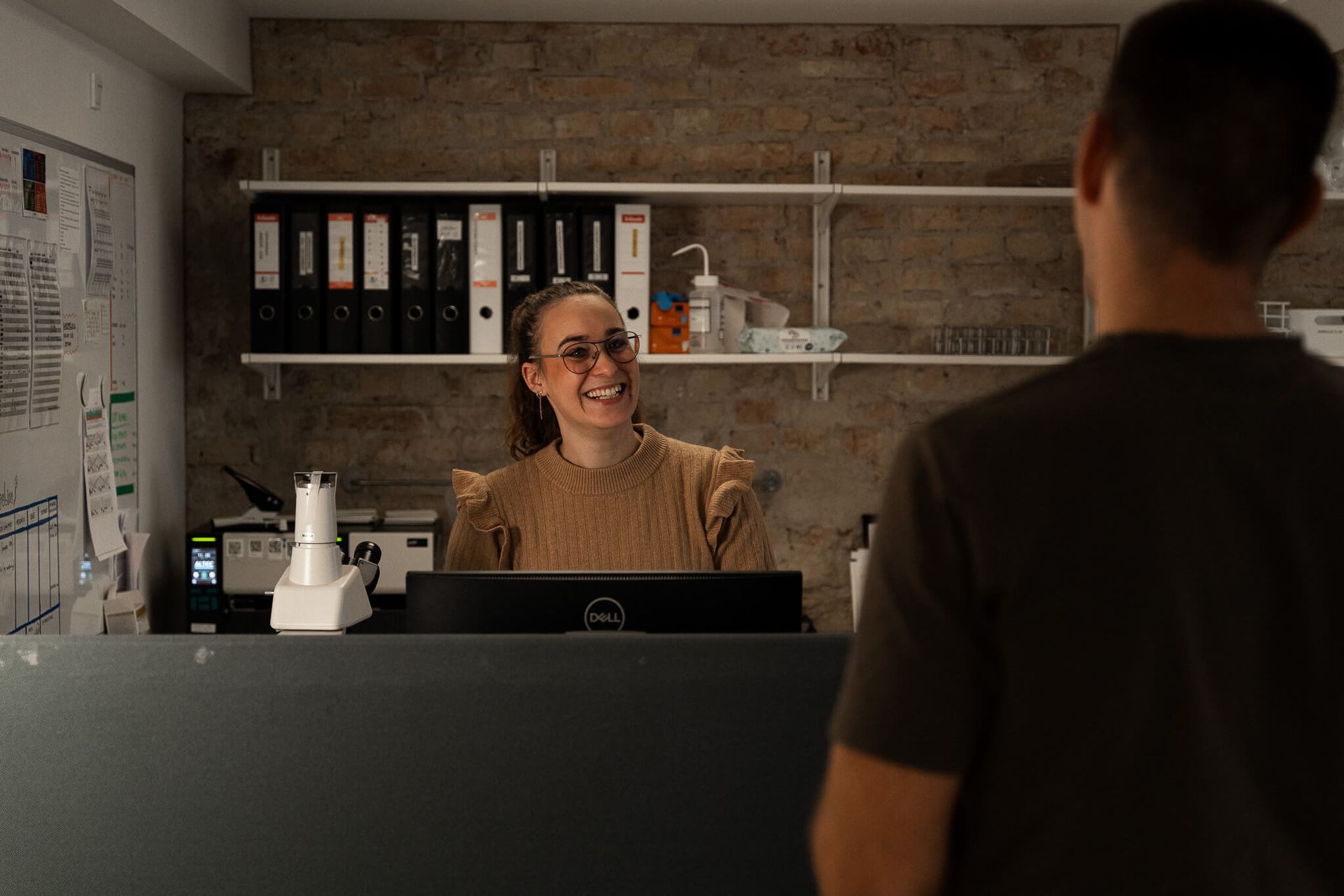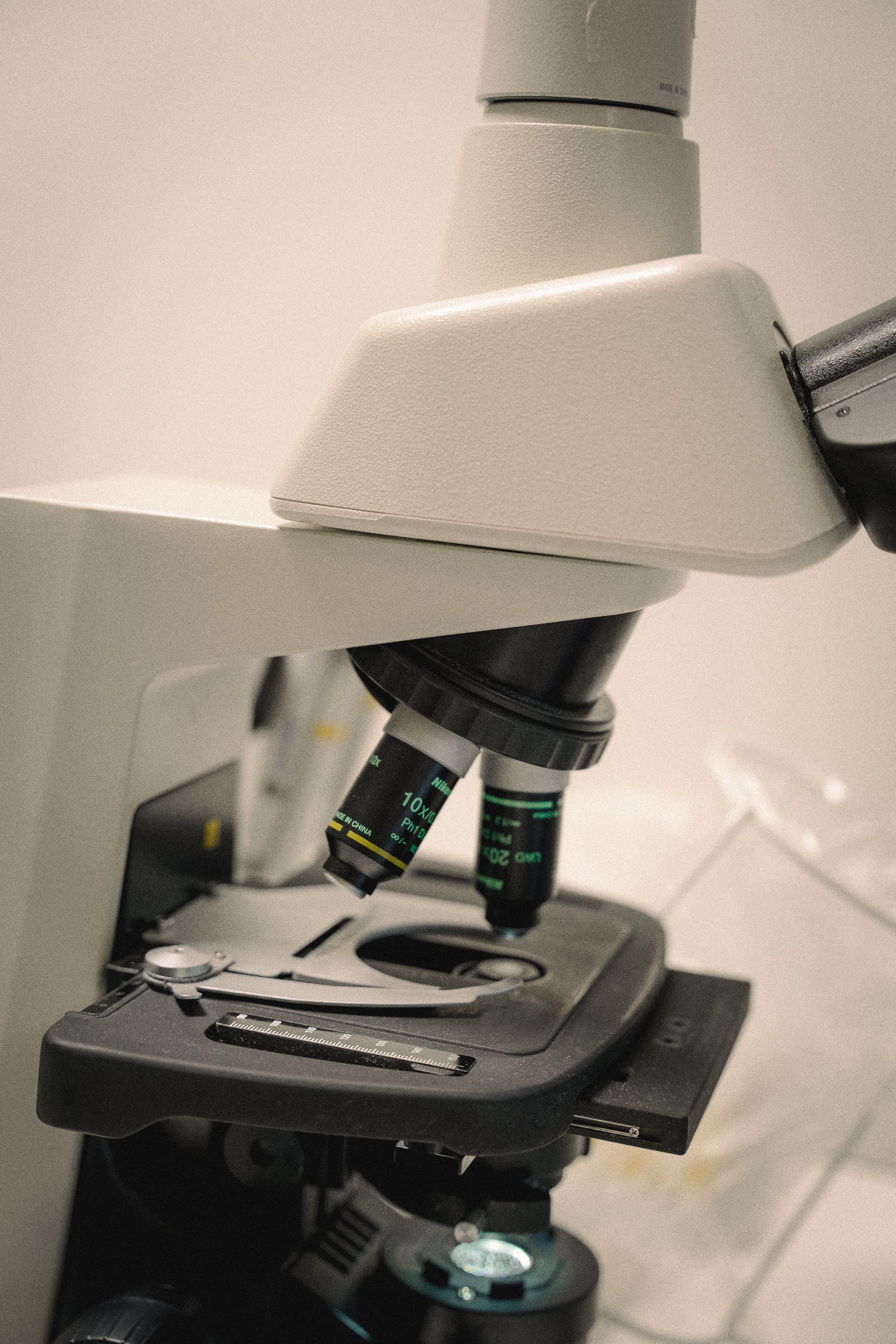We Have Established Worldwide Family Limits on All Our Sperm Donors
In the world of assisted reproduction, sperm banks play a crucial role in helping individuals and couples achieve their dream of parenthood. However, behind the scenes, there are many important regulations and guidelines in place to ensure the safety and well-being of donor-conceived people and their families. One such regulation is the imposition of family limits. At Born, we have established worldwide limits on the number of families created per donor, in addition to the nationally implemented limits, because we strongly believe in full transparency and ethical practice.
Why Family Limits Matter for Sperm Donation
Family limits refer to the maximum number of families that can use the sperm from a single donor to conceive children. These limits are put in place for several reasons:
- Genetic Diversity: By limiting the number of families created from a single donor, we can reduce the risk of inbreeding and mitigate potential genetic health issues that may arise from closely related individuals having children.
- Ethical Considerations: Family limits also ensure that each donor-conceived person has the opportunity to know their biological heritage and potentially connect with half-siblings, if desired, without encountering an overwhelming number of genetic relatives.
- Full Transparency: We believe that family limits also provide any prospective parents with the information they need to make informed decisions about their fertility journey.
How Many Children Can a Sperm Donor Have?
When it comes to the topic of sperm donation, one of the most frequently asked questions revolves around the number of children a sperm donor can potentially have. This number is influenced by various factors, including the national and worldwide regulations and guidelines. But regardless of the numerical count, it's essential to recognise that being a sperm donor does not equate to being a father.
A sperm donor is indeed the biological origin of any potential donor-conceived children, but he has no paternal or legal obligations to the children. That being said, many countries have a national quota, established by law, which limits how many children or families one donor may assist based on geographic distribution.
Family Limits by Country
So, how many families can use the same sperm donor? Family limits can vary depending on the regulations and guidelines set forth by national legislation. In some countries, such as Denmark, the limits are defined on a per-family basis to make it possible for parents to have a full sibling to the child(ren) they have already conceived using a sperm donor. However, be aware that in some countries the limits may be based on the number of individuals conceived using a donor's sperm.
In Denmark, the limit is set at 12 families. So, a donor could potentially help conceive more than 12 children within those families. In England, the limit is 10 families, etc. Please see maximum country family limits for your treatment country here.
Our Worldwide Family Limits
As a licensed sperm bank, we always follow the national laws regarding the maximum number of families that a donor's sperm can assist in conceiving within a specific country. Additionally, since there's no global limit on how many families one sperm donor can assist, we've established a worldwide cap of either 25 or 75 families for all our donors – both our ID release and No ID release donors. These limits are always clearly displayed on the donor profiles on our website.
If you want to further limit the number of families per donor, we have a few exclusive donors who can help just 5 families or your family only. If you're interested in using a donor who is going to help only a smaller number of families, please get in touch to learn more.
Understanding the Importance of Worldwide Family Limits
The research article "Evolving Minimum Standards in Responsible International Sperm Donor Offspring Quota" discusses the changing regulations and standards for the number of families a sperm donor can help internationally. It highlights the importance of setting family limits to prevent potential negative social and psychological effects on donor-conceived people. The article examines different countries' approaches to managing donor quotas, the rationale behind these policies, and the move towards more stringent and uniform standards. It also addresses the need for global cooperation to ensure ethical practices and protect the rights and well-being of all parties involved.
According to the article an international working group was established with the aim of making recommendations on the number of families a sperm donor can help worldwide. Considerations from genetic, psychosocial, operational and ethical points of view were debated, and the consensus was that the number should never exceed 100 families.
We've used this article to inform our decision on setting a maximum family limit of max 75 and 25. We believe that these limits ensure responsible practices and align with evolving standards in the field of sperm donation, promoting the welfare of all involved parties.
What is a Pregnancy Slot?
At Born we have decided to opt for a pregnancy slot in order to keep track of the number of pregnancies and to make sure that we always adhere to both national and worldwide limits on the number of families created by each of our donors.
This means that any donor sperm from our sperm bank may only be acquired while completing a pregnancy slot contract. This contract gives you the right to conceive and create a family using the donor in question. A family unit is registered in terms of a pregnancy slot being added at the time of ordering and shipment to a new client. Only the confirmation from the treating fertility clinic of an unsuccessful treatment course will release the family unit again, ensuring that our family limits are always adhered to. Therefore, we do not have to rely solely on pregnancy reporting to monitor national and worldwide limits.
Pricing According to Our Family Limits
We always ensure that our donor sperm is of the highest quality, and we offer a wide selection of donor sperm options at various price levels.
At Born, we are very aware that fertility treatments, and everything they involve, can quickly become costly, and we keep our prices on the lower end compared to our competitors.
Our pricing varies based on family limits: a max 75 donor is the most affordable, a max 25 donor comes at a slightly higher price, and our exclusive donors, who help only five families or just your family, are priced accordingly. This is because our prices reflect the exclusivity of the product that you buy.
However, our pricing structure is not only tailored according to our family limits, but also the ID release status of our donors, and the sperm motility. Please check all our prices
here and don’t hesitate to reach out if you have any questions or need help choosing the right type of sperm for your fertility treatment. Note that prices listed do not include VAT or shipping.
Conclusion - A Safe Way to Parenthood
Family limits play a vital role in safeguarding the well-being of donor-conceived people and their families and for maintaining genetic diversity within the population. By implementing clear guidelines and ensuring transparency, we can provide prospective parents with the information they need to make informed decisions about their fertility journey. Pregnancy slots help us keep track of the number of pregnancies and ensure that both the national and worldwide family limits are always adhered to.
At Born, we're all about being open and honest, making sure everyone knows what's happening every step of the way. Establishing worldwide family limits on all our donors is just one way of staying true to our commitment to transparency and ethical practice.
Other blog posts











